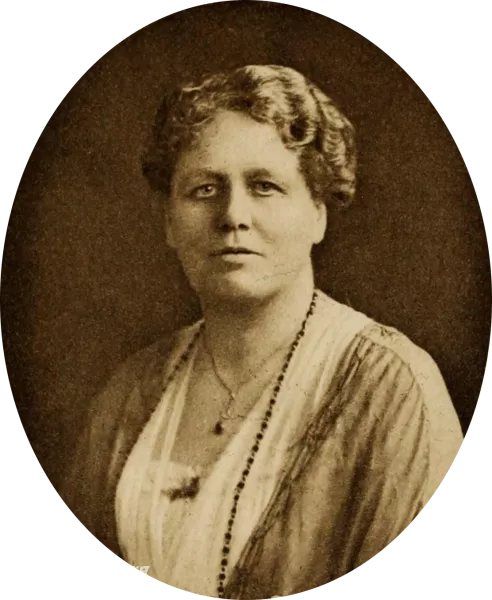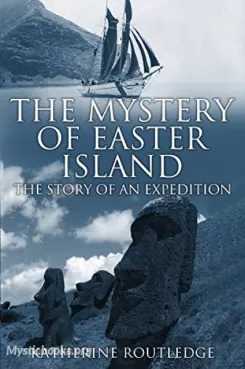
Timeline
Title
Country/Nationality
Katherine Routledge
Katherine Routledge, a remarkable figure in the world of anthropology, was a pioneering explorer, scholar, and adventurer. Born on August 11, 1866, in Darlington, England, she dedicated her life to unraveling the mysteries of human cultures, particularly those of the remote Pacific Islands. Routledge's contributions to the field of anthropology and her groundbreaking works have left a lasting legacy that continues to inspire generations of scholars and adventurers.
Early Life and Education:
Katherine Routledge was born into a privileged family and received a first-class education, which was uncommon for women of her time. Her insatiable curiosity and intellect led her to study at Somerville College, Oxford, where she excelled in classics and archaeology. However, her true passion lay in anthropology, a field still in its infancy during the late 19th century.
Pioneering Work in Anthropology:
Katherine Routledge's defining moment came when she joined the British Association for the Advancement of Science expedition to Easter Island (Rapa Nui) in 1914. This journey marked the beginning of her groundbreaking anthropological research and set her on a path of discovery that would make her a renowned expert in Pacific cultures.
Her Principles and Approach:
As an anthropologist, Routledge strongly believed in the importance of engaging with local communities and respecting their traditions and customs. She sought to understand the people she studied in their cultural context and valued collaboration with native experts to gain deeper insights into their worldviews. Her approach was marked by a deep appreciation for cultural diversity and a dedication to the preservation of indigenous knowledge.
Famous Expedition to Easter Island:
During her expedition to Easter Island, Routledge meticulously documented the island's statues (moai), rituals, and oral histories. She explored the island's archaeological sites and conducted extensive interviews with local inhabitants. Her research resulted in the publication of "The Mystery of Easter Island" in 1919, a seminal work that shed light on the island's enigmatic past.
Notable Works:
Apart from "The Mystery of Easter Island," Katherine Routledge authored several other significant works. Her books "With Prehistoric People," "The Native Culture in the Marquesas," and "Head-Hunters Black, White, and Brown" demonstrated her commitment to understanding diverse cultural practices and dispelling misconceptions about indigenous peoples.
Philosophy and Legacy:
Routledge's philosophy centered on the belief that cultural understanding could bridge gaps between different societies and foster mutual respect. She saw anthropology as a tool for promoting peace and cooperation, and her work laid the groundwork for more inclusive and respectful approaches to studying other cultures.
Death and Remembrance:
Katherine Routledge passed away on December 13, 1935, at the age of 69. Despite her remarkable achievements, she remained relatively unknown in her lifetime. However, her contributions to anthropology have gained recognition over the years. Today, she is remembered as a pioneering woman scholar and explorer who made significant contributions to the understanding of Pacific cultures and paved the way for future anthropologists.
Conclusion:
Katherine Routledge's life was a testament to the power of curiosity, dedication, and respect for other cultures. Her work in anthropology and exploration of Easter Island have left an indelible mark on the field, and her commitment to cultural understanding continues to inspire scholars and adventurers alike. As we celebrate her legacy, we recognize the importance of embracing diversity and learning from one another in our shared human journey.
Books by Katherine Routledge

The Mystery of Easter Island: the Story of an Expedition
Embark on an extraordinary journey to unravel the enigmatic secrets of Easter Island, as renowned anthropologist Katherine Routledge leads you through a mesmerizing tale of discovery and cultural exploration. In "The Mystery of Easter Island: the Sto...